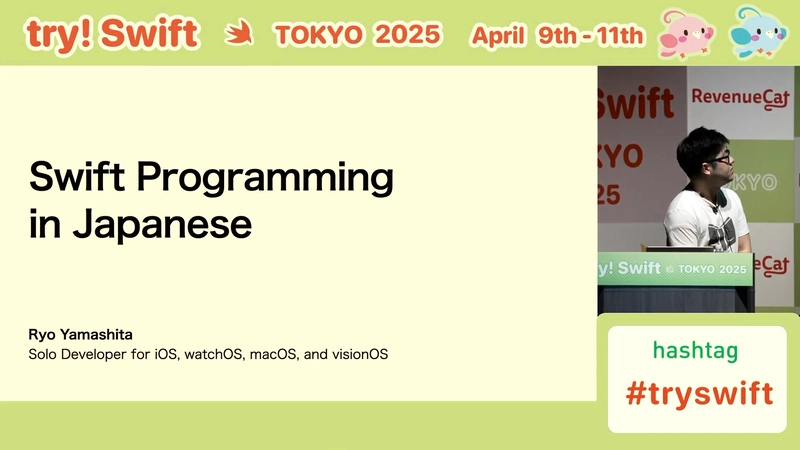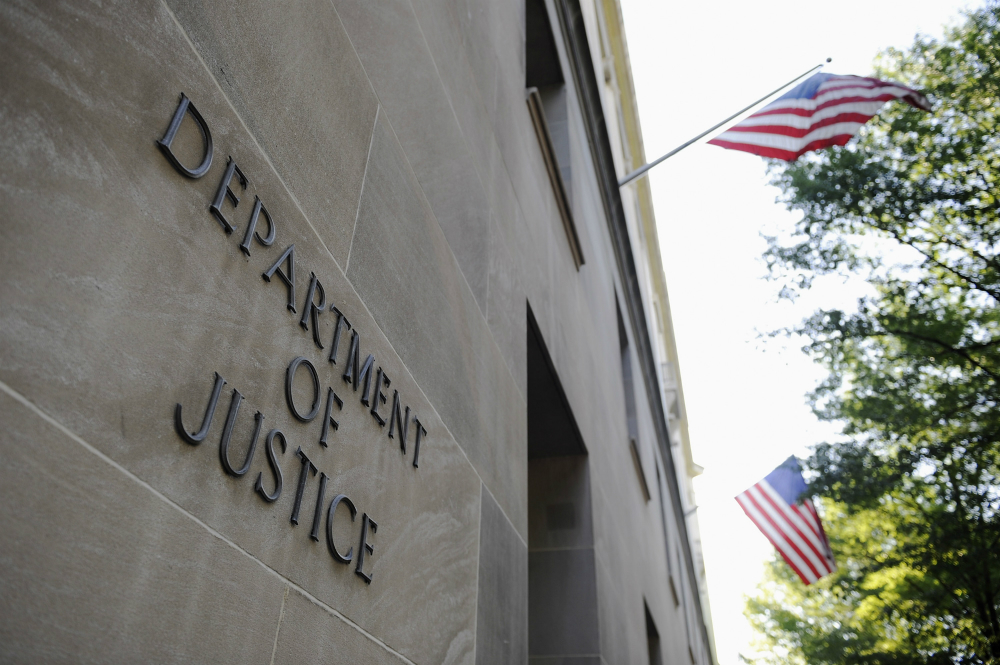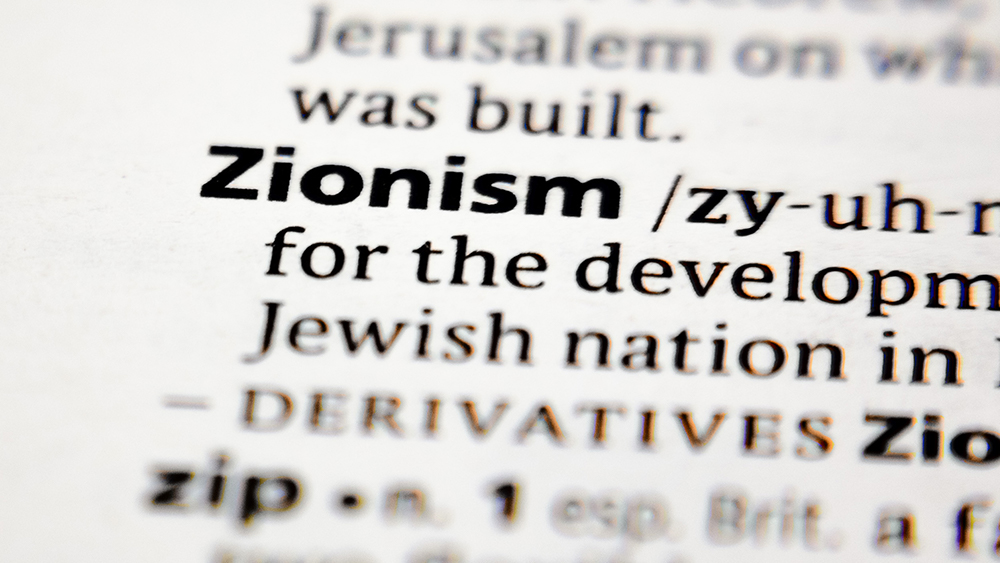Cybersecurity and AI: ¿Friends or Frenemies?
Technology is moving fast. Like, really fast. And while that’s awesome in many ways, it also means the digital threats out there are getting smarter and sneakier. That’s where cybersecurity comes in — and lately, it’s getting a major upgrade thanks to artificial intelligence (AI). But wait… is it actually a good idea to let machines make decisions about our digital safety? Short answer: yes — but it’s complicated. So, what does AI do in cybersecurity anyway? In plain English, AI in cybersecurity means using smart algorithms that can learn, analyze, and act — often without a human telling them exactly what to do. Instead of just checking for known threats like a traditional antivirus, AI looks for suspicious behavior and weird patterns in real time. It’s like giving your security system a brain. Example: If someone tries logging into your account from a new country at 3 AM? AI can spot that and automatically block it. No human needed. How AI is helping make security better Here are some of the cool ways AI is actually making a difference: Smarter threat detection Traditional systems rely on virus “signatures” — basically, a list of known bad stuff. But hackers evolve, and new threats pop up all the time. AI can spot new threats based on behavior, even if they’ve never been seen before. Making sense of tons of data Big companies have thousands of devices generating logs all day, every day. It’s impossible for humans to read all that. But AI? It can scan millions of logs in seconds, catch anything sketchy, and raise a red flag. Automated responses AI isn’t just about detection — it can also act. If it sees a compromised device or a shady login attempt, it can isolate it, shut it down, or block access right away. Constant learning One of the best parts? AI systems can learn from every attack attempt. The more data they get, the better they get at spotting the bad guys. Every failed hack makes the system stronger. But hey… AI’s not perfect Let’s be real: AI isn’t magic, and it’s not all good news. Hackers use AI too Yep. Just like we’re using AI to defend systems, attackers are using it to level up their game. Think: phishing emails that sound eerily legit, adaptive malware, automated mass attacks... It’s an arms race. False positives are annoying Sometimes, AI gets a little overprotective. Like blocking a real user just because they did something slightly unusual. These mistakes can slow things down or even cause real problems if not handled properly. Too much dependency? Relying too heavily on AI can be risky. What if the system fails? Or gets manipulated? At the end of the day, it’s still code written by humans — and no system is 100% bulletproof. The human–AI combo is the real deal The best approach? Use AI as a sidekick, not a replacement. Cybersecurity pros are still essential — for strategy, deeper investigation, decision-making, and, well, keeping an eye on the AI too. The tech helps, but humans are the ones driving the ship. Looking ahead We’re just getting started with AI in cybersecurity. Expect to see even more AI-powered tools popping up in companies of all sizes. From securing cloud infrastructure to monitoring personal devices, AI will be everywhere. Also, if you’re getting into cybersecurity (or already in), learning how AI works is becoming a must-have skill. The future needs defenders who understand both code and algorithms. Wrapping it up AI and cybersecurity are becoming a power couple — but like every relationship, it’s a little messy. Used right, AI can seriously boost your defenses. But it’s not a silver bullet. It’s a tool. A really smart one — but it still needs human brains behind it. So let’s keep learning, experimenting, and staying one step ahead of the threats. The hackers are using AI — so we’d better make sure we are too.
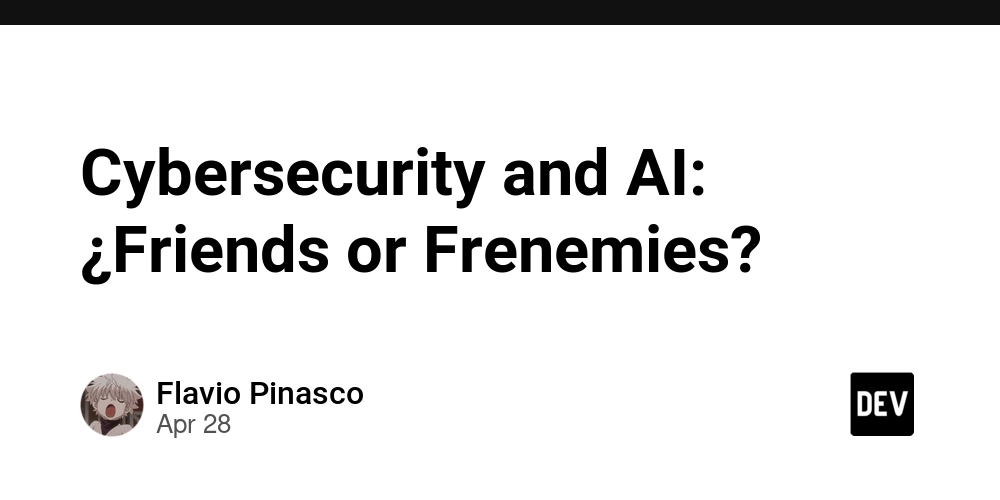
Technology is moving fast. Like, really fast. And while that’s awesome in many ways, it also means the digital threats out there are getting smarter and sneakier. That’s where cybersecurity comes in — and lately, it’s getting a major upgrade thanks to artificial intelligence (AI).
But wait… is it actually a good idea to let machines make decisions about our digital safety?
Short answer: yes — but it’s complicated.
So, what does AI do in cybersecurity anyway?
In plain English, AI in cybersecurity means using smart algorithms that can learn, analyze, and act — often without a human telling them exactly what to do.
Instead of just checking for known threats like a traditional antivirus, AI looks for suspicious behavior and weird patterns in real time. It’s like giving your security system a brain.
Example: If someone tries logging into your account from a new country at 3 AM? AI can spot that and automatically block it. No human needed.
How AI is helping make security better
Here are some of the cool ways AI is actually making a difference:
Smarter threat detection
Traditional systems rely on virus “signatures” — basically, a list of known bad stuff. But hackers evolve, and new threats pop up all the time. AI can spot new threats based on behavior, even if they’ve never been seen before.
Making sense of tons of data
Big companies have thousands of devices generating logs all day, every day. It’s impossible for humans to read all that. But AI? It can scan millions of logs in seconds, catch anything sketchy, and raise a red flag.
Automated responses
AI isn’t just about detection — it can also act. If it sees a compromised device or a shady login attempt, it can isolate it, shut it down, or block access right away.
Constant learning
One of the best parts? AI systems can learn from every attack attempt. The more data they get, the better they get at spotting the bad guys. Every failed hack makes the system stronger.
But hey… AI’s not perfect
Let’s be real: AI isn’t magic, and it’s not all good news.
Hackers use AI too
Yep. Just like we’re using AI to defend systems, attackers are using it to level up their game. Think: phishing emails that sound eerily legit, adaptive malware, automated mass attacks... It’s an arms race.
False positives are annoying
Sometimes, AI gets a little overprotective. Like blocking a real user just because they did something slightly unusual. These mistakes can slow things down or even cause real problems if not handled properly.
Too much dependency?
Relying too heavily on AI can be risky. What if the system fails? Or gets manipulated? At the end of the day, it’s still code written by humans — and no system is 100% bulletproof.
The human–AI combo is the real deal
The best approach? Use AI as a sidekick, not a replacement.
Cybersecurity pros are still essential — for strategy, deeper investigation, decision-making, and, well, keeping an eye on the AI too. The tech helps, but humans are the ones driving the ship.
Looking ahead
We’re just getting started with AI in cybersecurity. Expect to see even more AI-powered tools popping up in companies of all sizes. From securing cloud infrastructure to monitoring personal devices, AI will be everywhere.
Also, if you’re getting into cybersecurity (or already in), learning how AI works is becoming a must-have skill. The future needs defenders who understand both code and algorithms.
Wrapping it up
AI and cybersecurity are becoming a power couple — but like every relationship, it’s a little messy.
Used right, AI can seriously boost your defenses. But it’s not a silver bullet. It’s a tool. A really smart one — but it still needs human brains behind it.
So let’s keep learning, experimenting, and staying one step ahead of the threats.
The hackers are using AI — so we’d better make sure we are too.






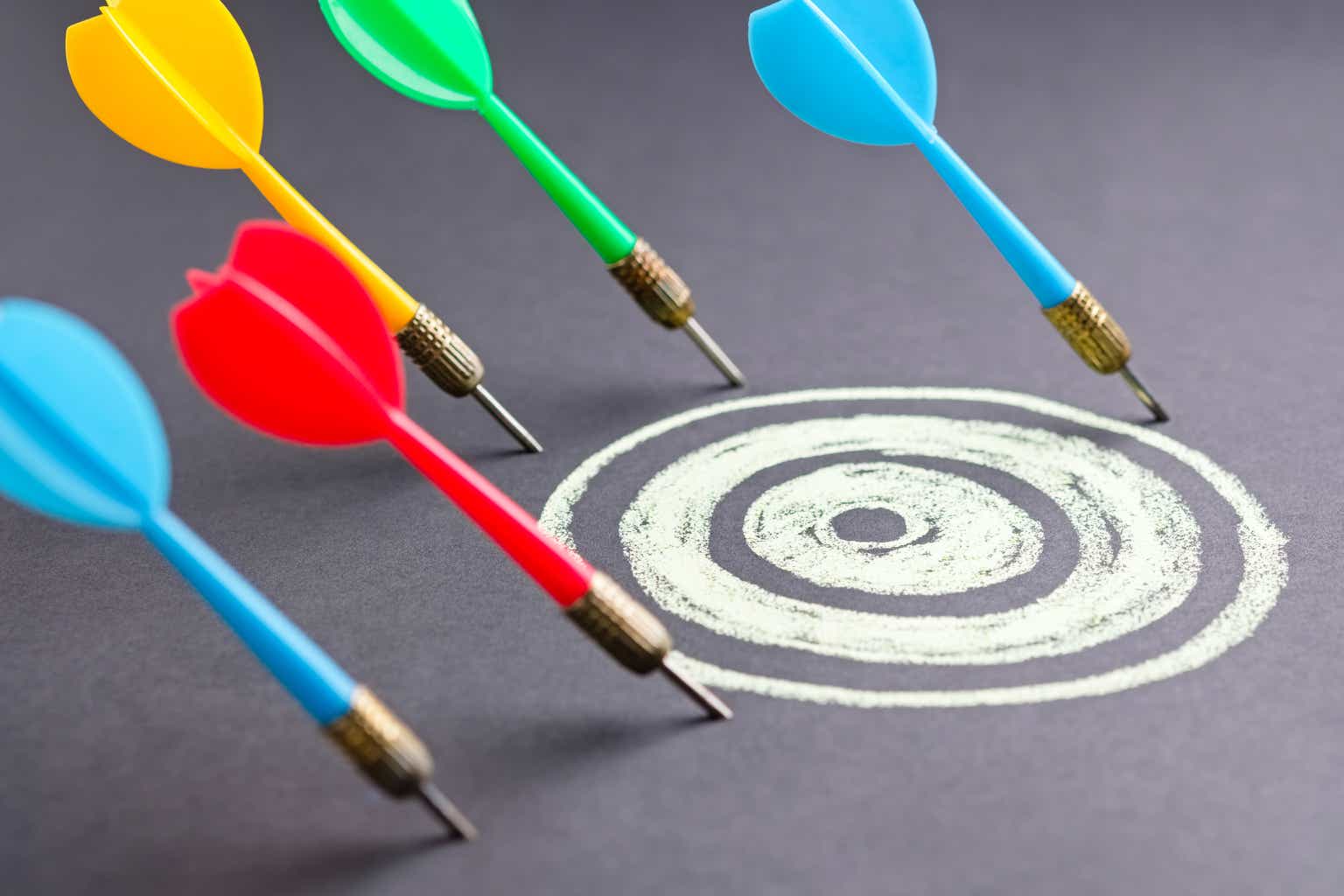




![How to contribute to the Flutter engine [Windows]](https://media2.dev.to/dynamic/image/width=800%2Cheight=%2Cfit=scale-down%2Cgravity=auto%2Cformat=auto/https%3A%2F%2Fdev-to-uploads.s3.amazonaws.com%2Fuploads%2Farticles%2F6l3gn3x9ffod81mk92vm.png)

